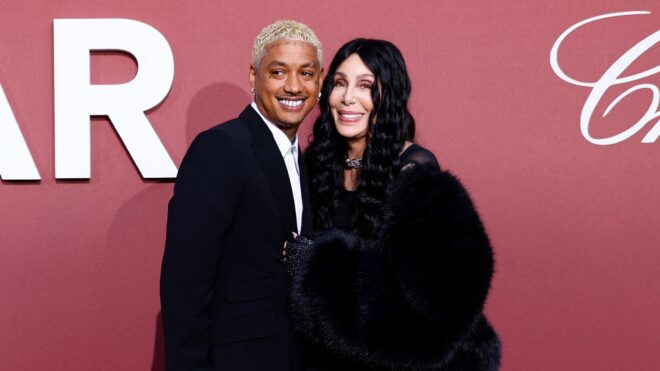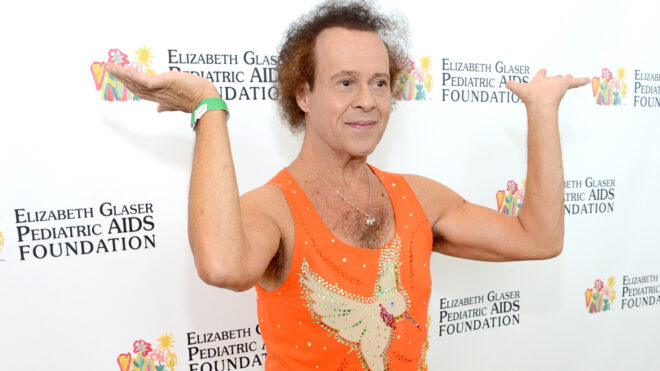It really is true what they say: that as parents, we often never get to see who our kids truly are because they’re always so different around us than they are with other people. Even though they shouldn’t be different, they still are. It’s just how the kid personality operates.
First, there’s the "home personality." You know, the one that lends itself to meltdowns and a snarky attitude. Then there’s the "outside world personality," which is the kid the rest of the world sees. That personality is usually the polite, well-mannered, adorable kid who holds doors open, gives their grandparents unsolicited hugs and kisses, and clears their dishes when they’re at a friend’s house.
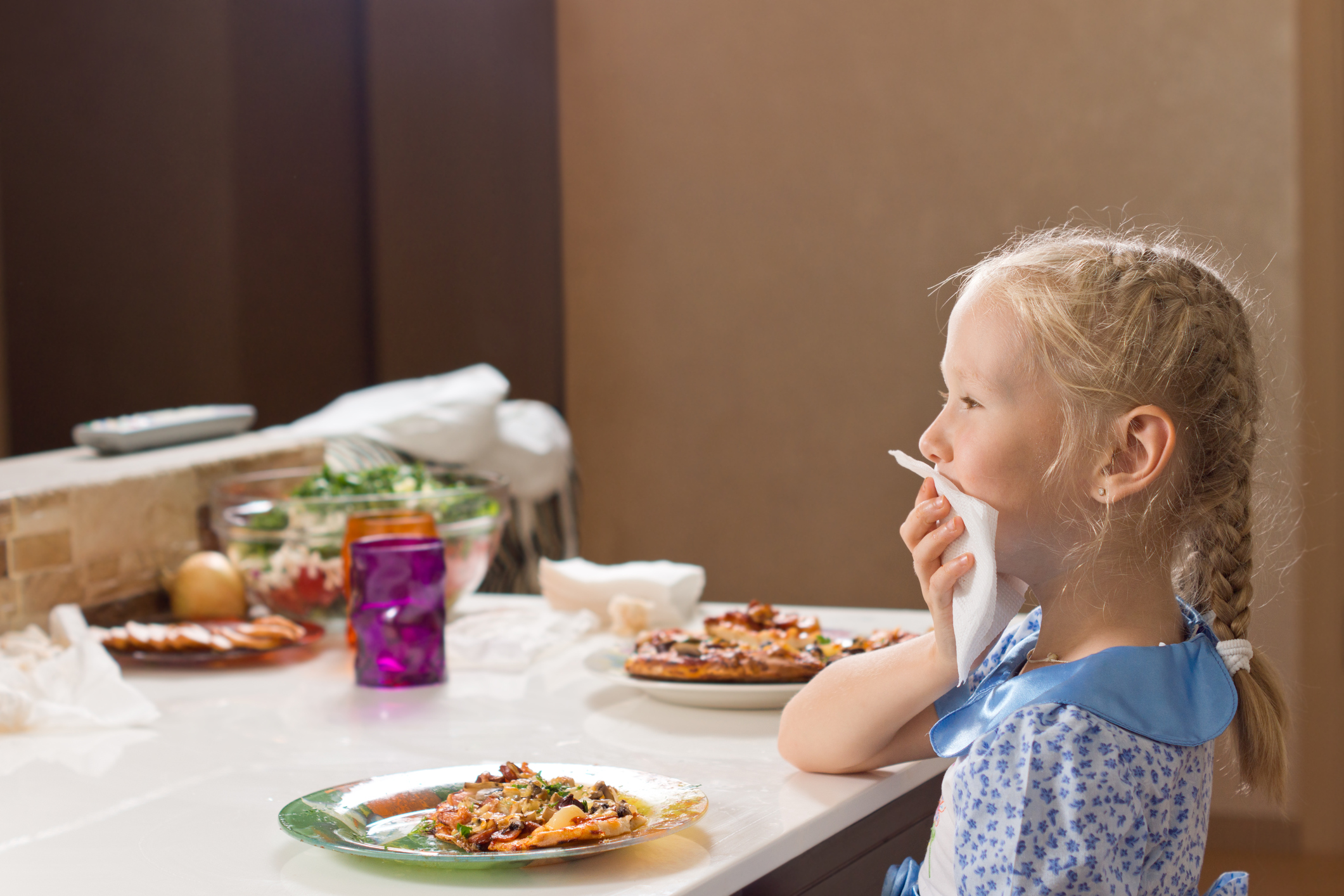
See, in my head, I can flash back to the countless friends who have laughed directly in my face when I’ve complimented them on their kids' behavior. For instance, when I’ve seen their son at the mall, and he makes a concerted effort to come over and say hi and ask how I am. Or when I see a friend’s daughter at the gym and she holds the door for me to enter the locker room and chats me up about my family. Or the kids who just ooze politeness whenever they’re around anyone else besides us.

I know how that feels. I’ve been on the other side of that kind of exchange so many times, answering my friends who comment about my kids with something like, "Really? Seriously? You talking about my kid?"
Seriously, the kid I generally see is the one who rolls her eyes at me, lets out a really long and incredibly snarky exhale, and pops in her earbuds when I say good morning. Then there's the kid who ignores the labor-intensive dinner I just prepared, and instead focuses on the fact that I chew my vegetables abnormally loud (in her opinion). Or the daughter who locks her bedroom door 23 hours a day and gets pissy if I knock with a purpose, yet expects that mine is a permanently open, revolving door that spins endlessly, just waiting for her to need something from me.
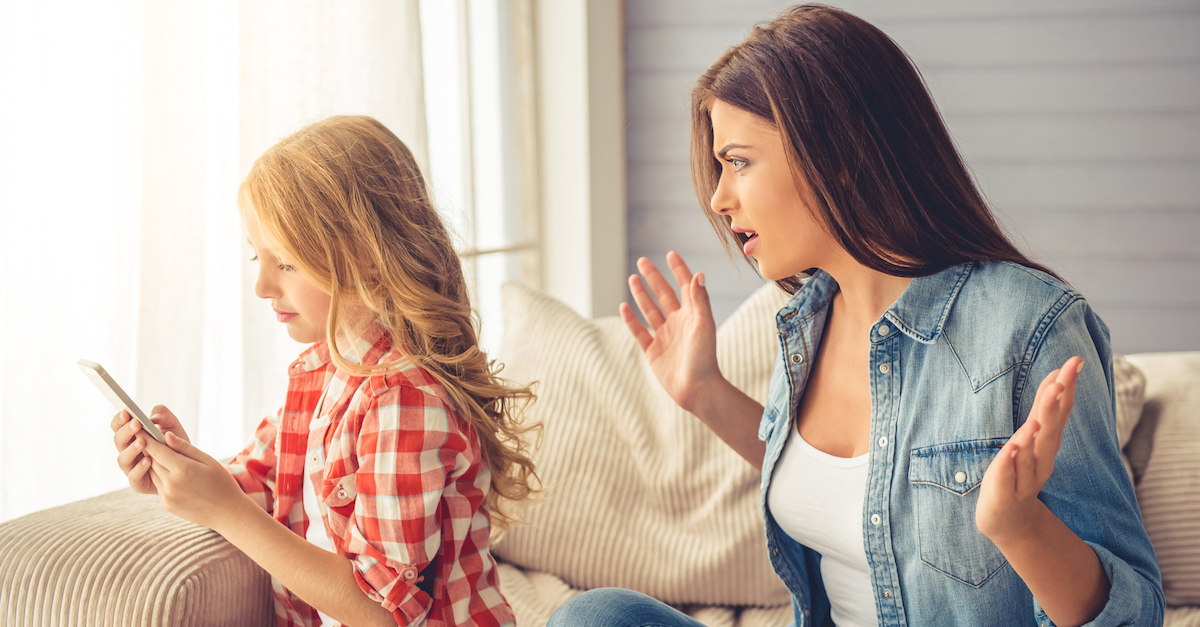
That’s why it’s so funny to hear what other people think about our kids when we know there are sides to our own children that no one else sees, that nobody would believe even if we showed them video footage.
Now as a mom, I get that we want our kids to feel comfortable and uninhibited and safe when they’re around us. That’s how our kids should feel at home. I know it’s certainly how my husband and I raised our girls to feel, anyway. And I’m pretty sure most parents would agree that they feel the same. However, the problem with that mentality is that our kids often take advantage of the family dynamic — of the freedom and privacy they have under their own roof that gives them a sense that the outside rules somehow don’t apply.
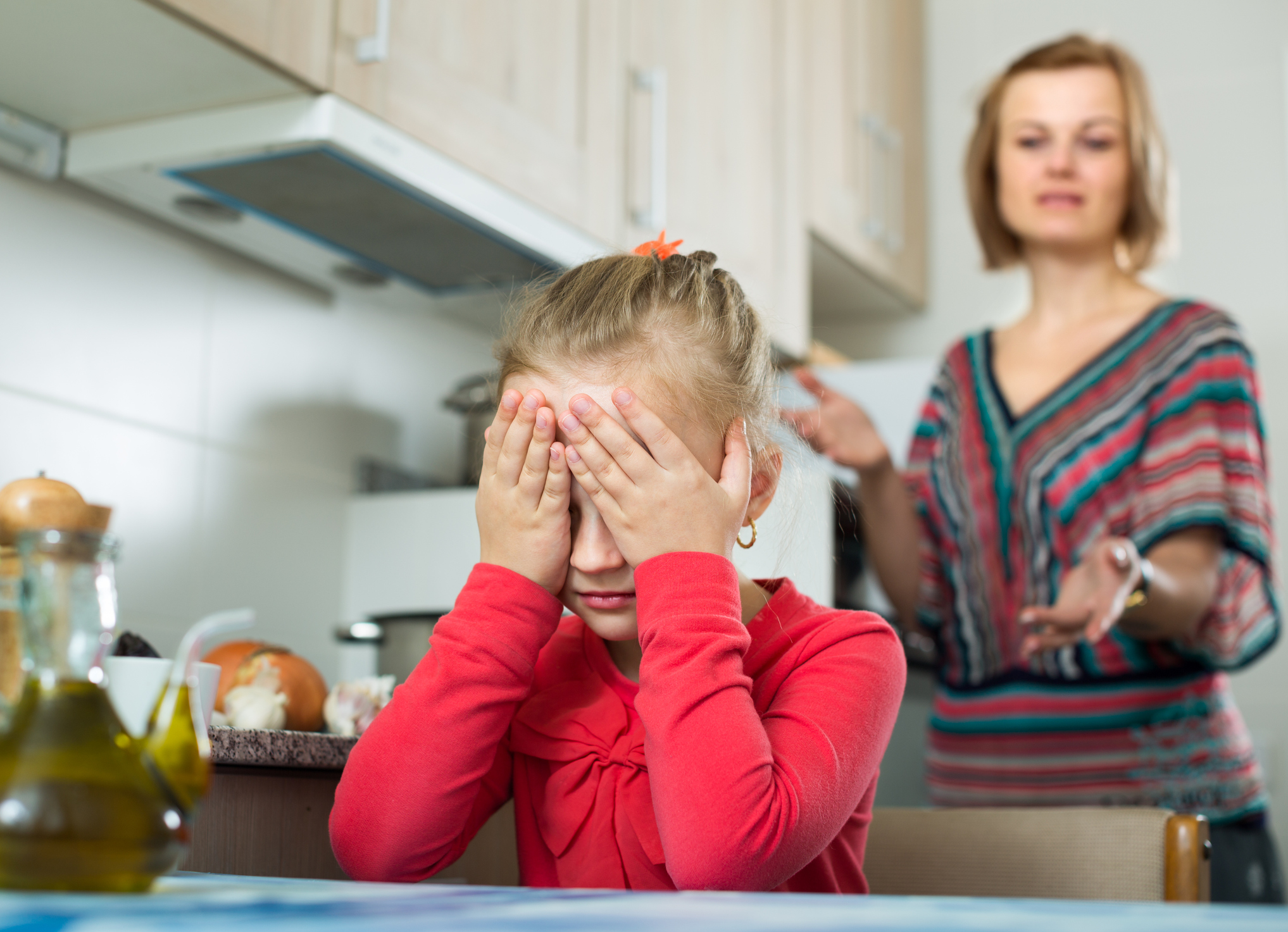
Well, they do still apply, and they should. However, because most kids tend to let their hair down a little looser and wavier at home, we often miss out on spending a lot of time with that really sweet, thoughtful, affectionate kid.
That’s just not who they are when they’re sprawled out on the couch with popcorn kernels down their shirt, ignoring even your simplest attempts to make conversation. I think a big part of why they slide into another personality when they’re behind closed doors with us is because the outside influences that affect their behavior — friends or teachers or peers — aren’t around.
At home, kids push boundaries a little more than they do everywhere else because home is safe. Home is, for the most part, non-judgmental. Home doesn’t stress out our kids like the outside world does.
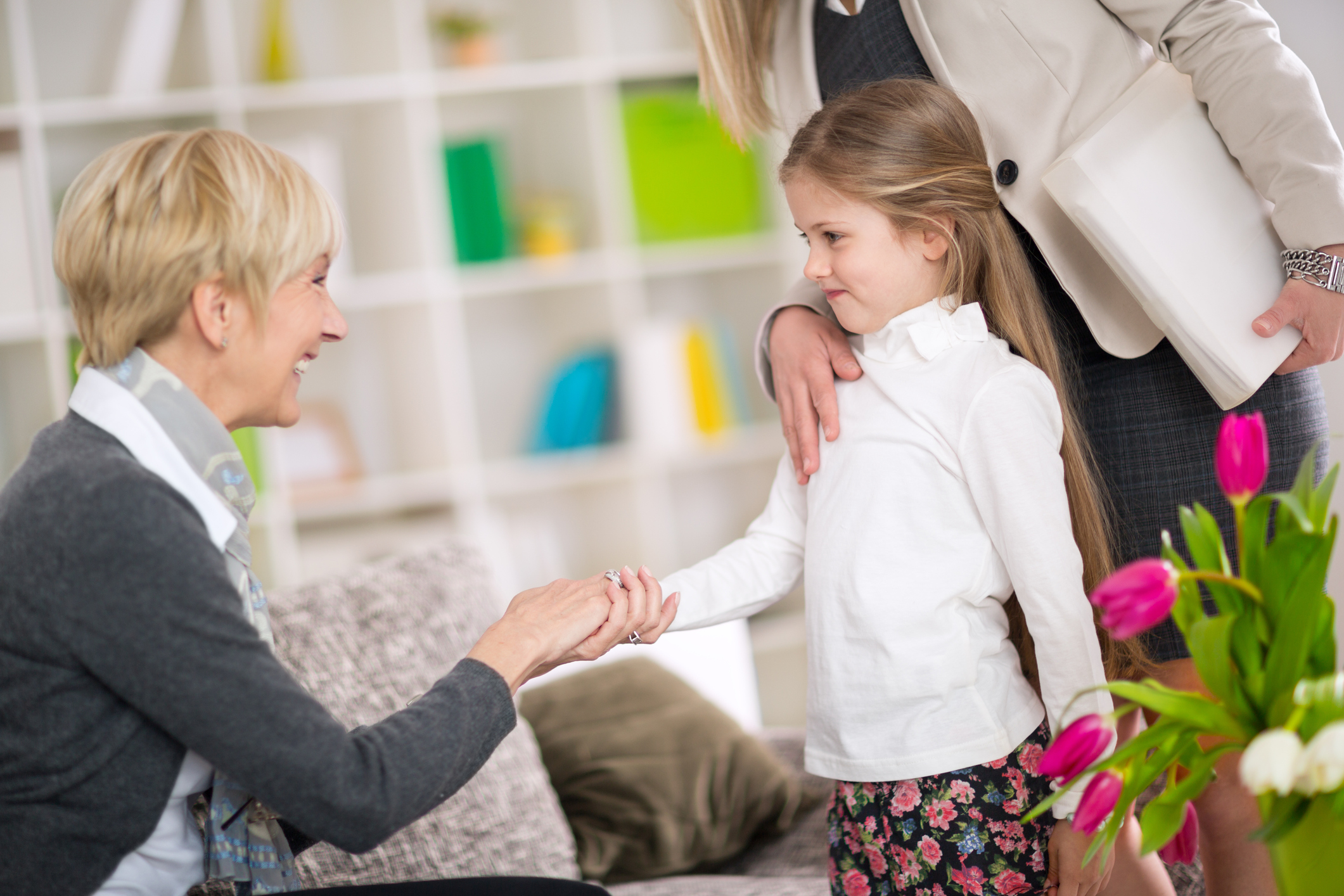
Unfortunately for us, though, I’m not sure there’s a real way around all that, at least not when they’re tweens and teens and even young adults. It’s just something they evolve out of, once they’re mature enough for those distinctly different personalities to co-exist and meld into one, well-adjusted, consistent personality. At least the consolation prize is that even though we don’t see the version of our kid that everyone else sees, the kid that the gen pop meets is usually the one that reflects their best self. Fortunately, that reflects our best self too, because they’re a product of their environment — which is us.
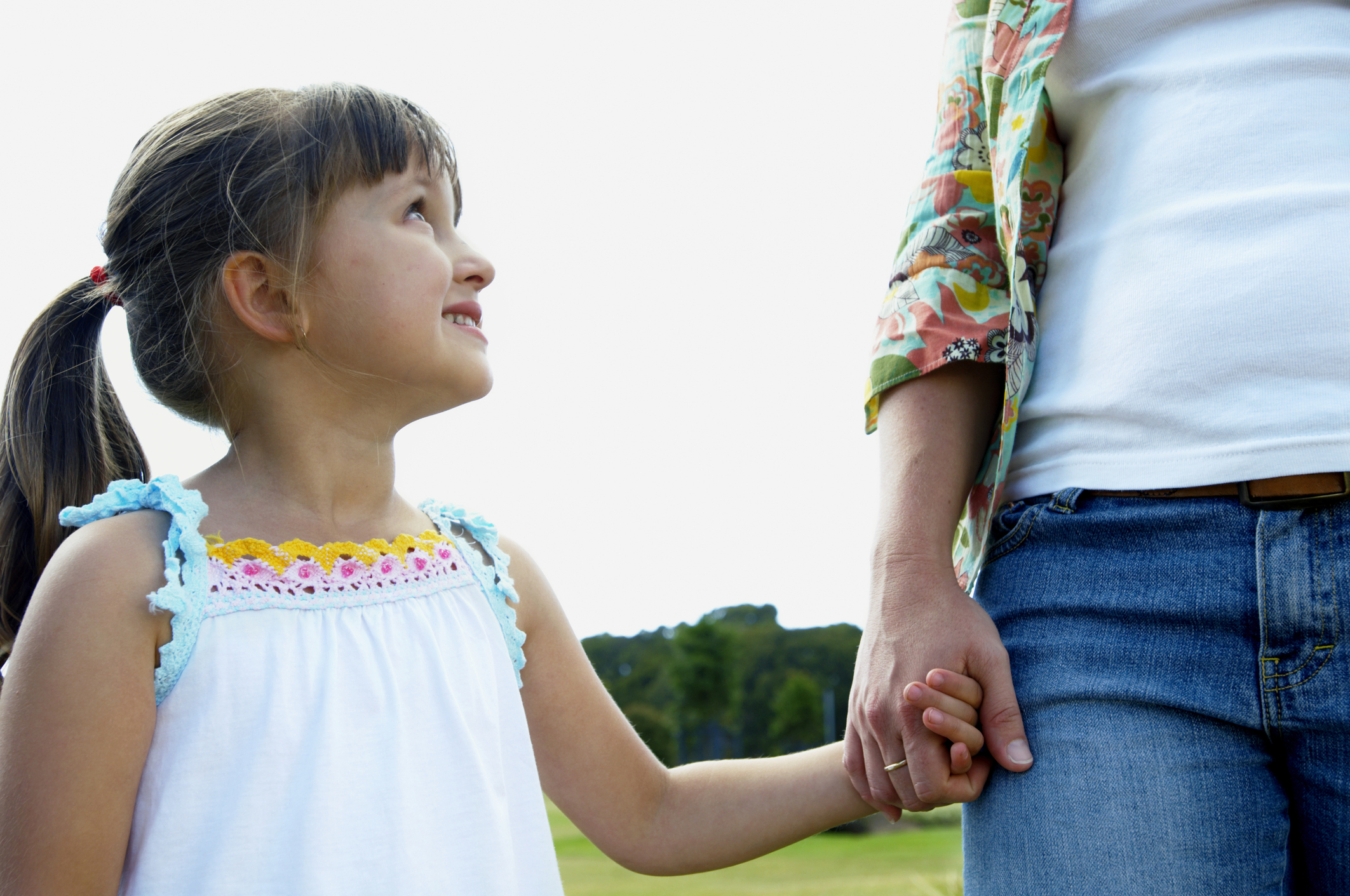
So, I don’t know about you, but I really do live for those moments when I get positive feedback about my kids from a friend or an acquaintance or someone else on the outside, because it means I’m doing most of my job right and my kids are decent human beings when they’re floating around out there in the world. That’s what we all secretly hope for. That’s the takeaway of solid parenting — that we’re putting good people out into the world.
I just wish we could see even a smidgen more of it firsthand.
Although, even a .500 season means we’re still doing OK.
For more from Lisa Sugarman, visit LisaSugarman.com and Twitter and click here for an exclusive offer to preorder her upcoming book Untying Parent Anxiety.

